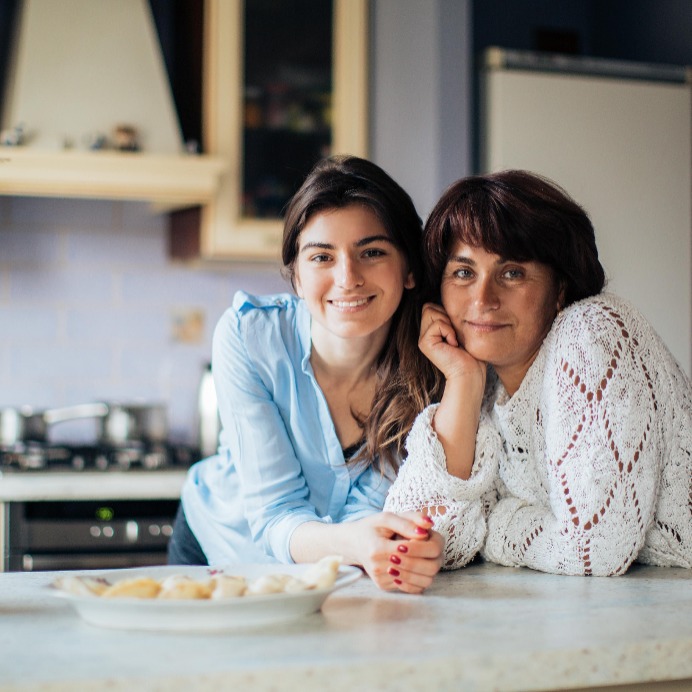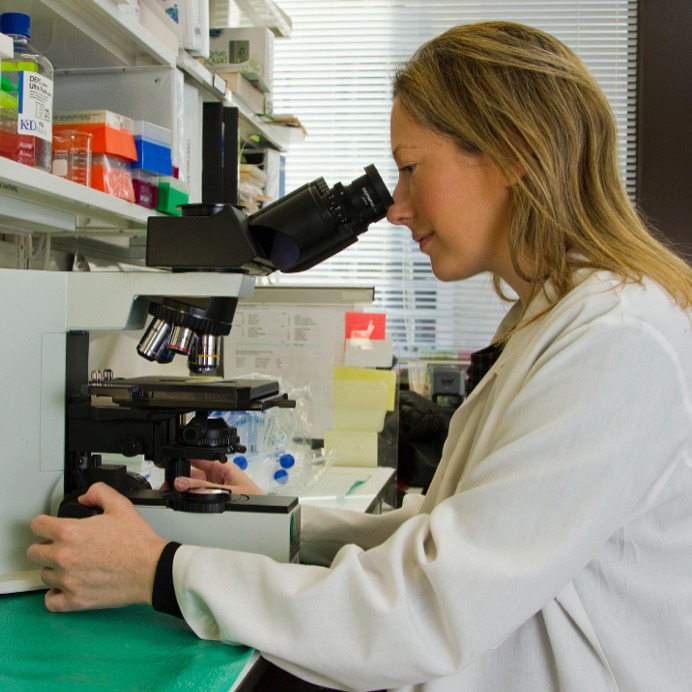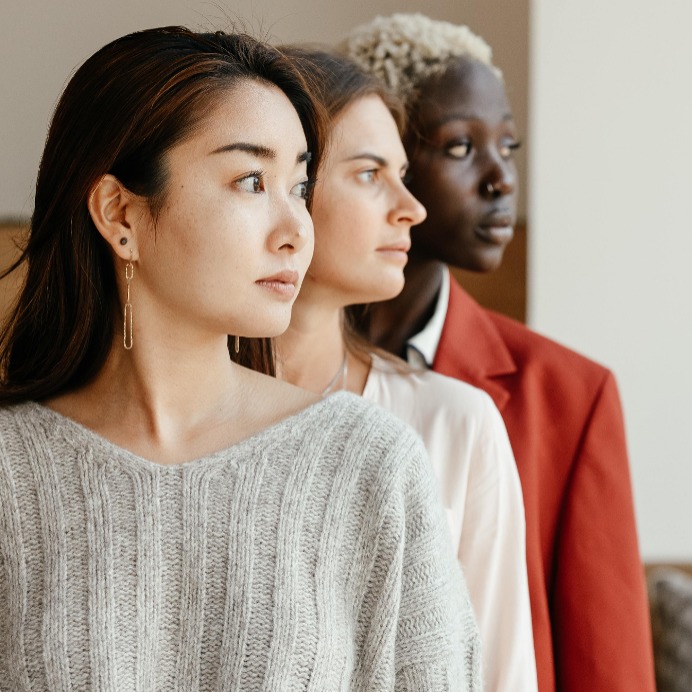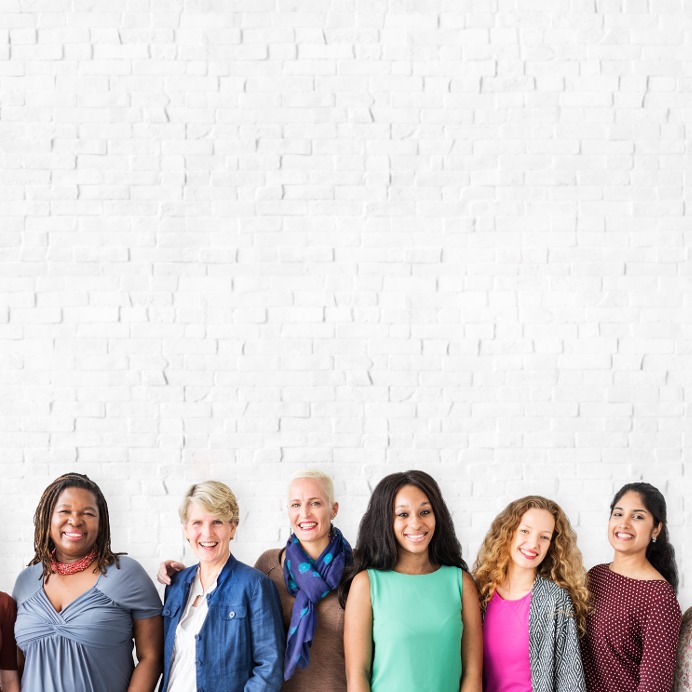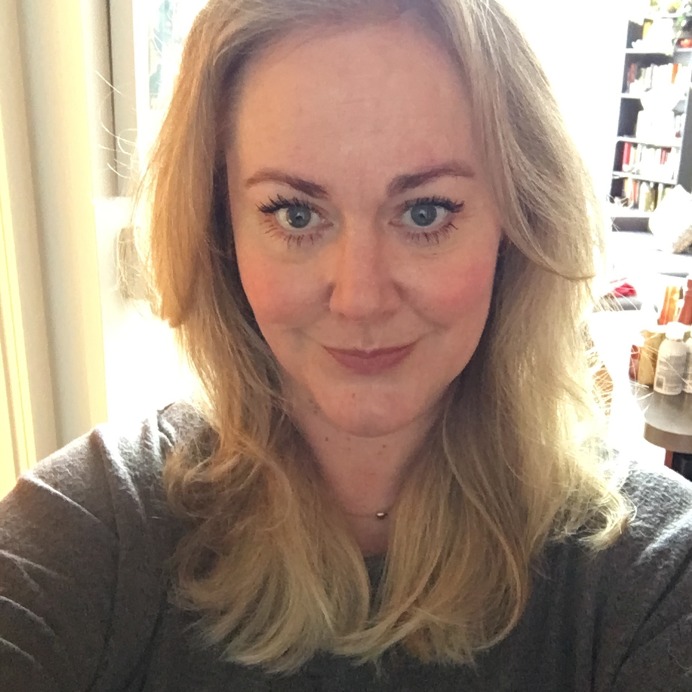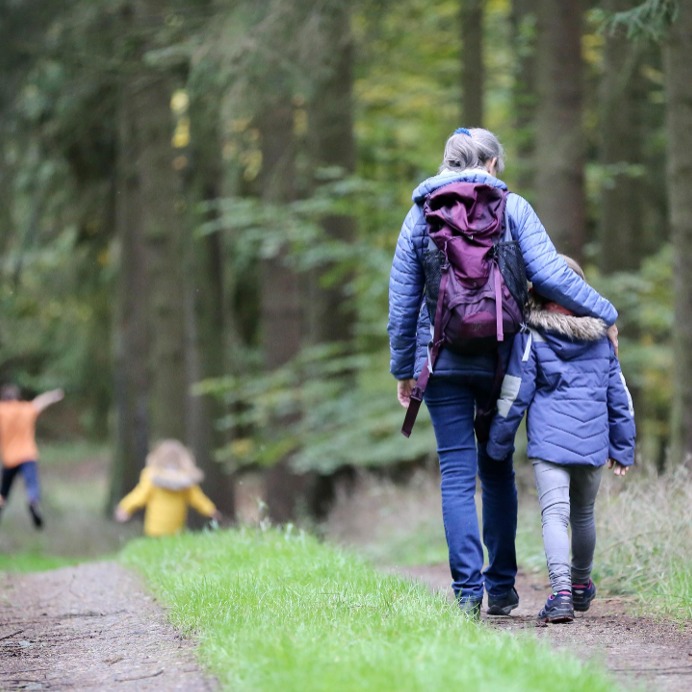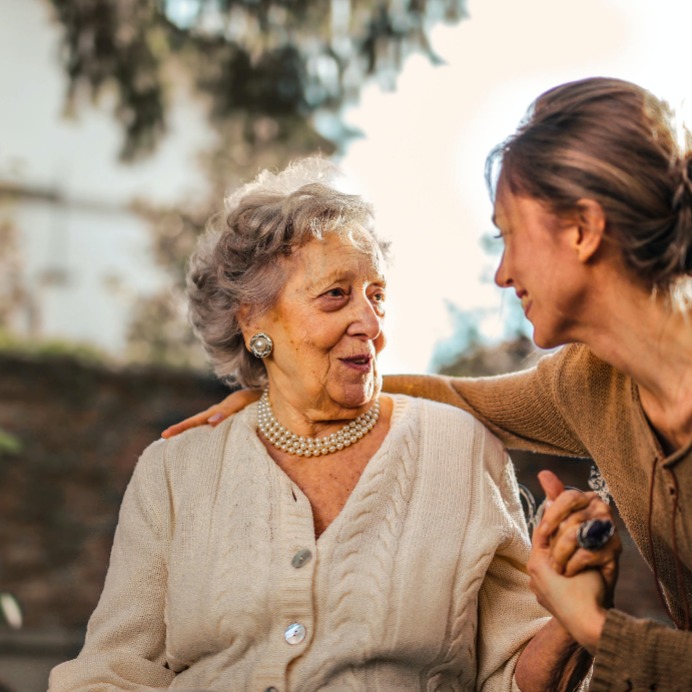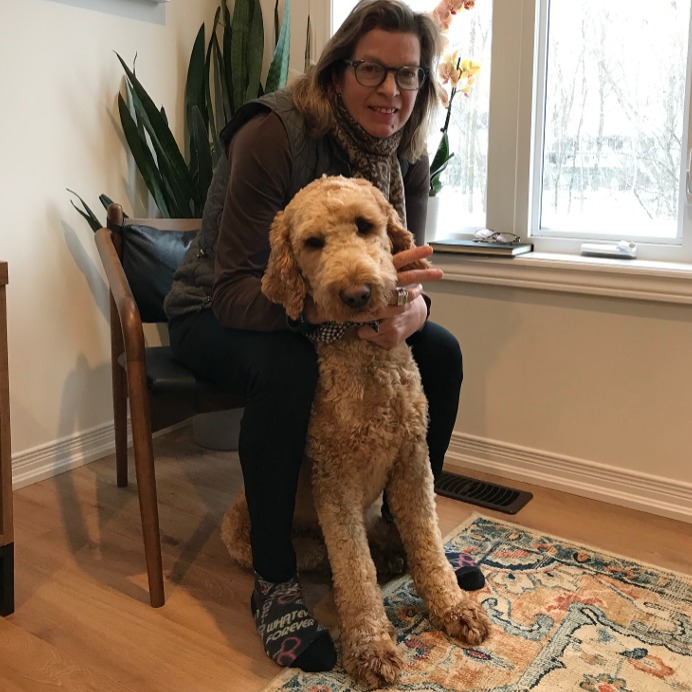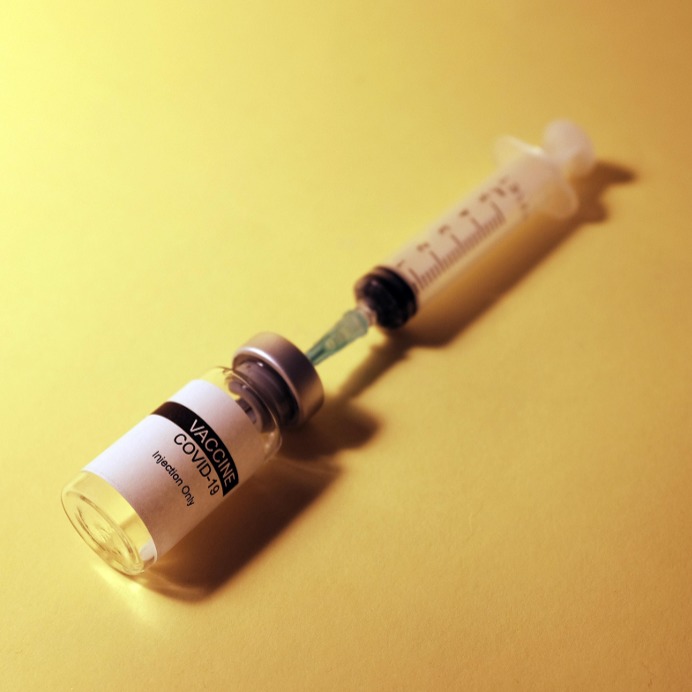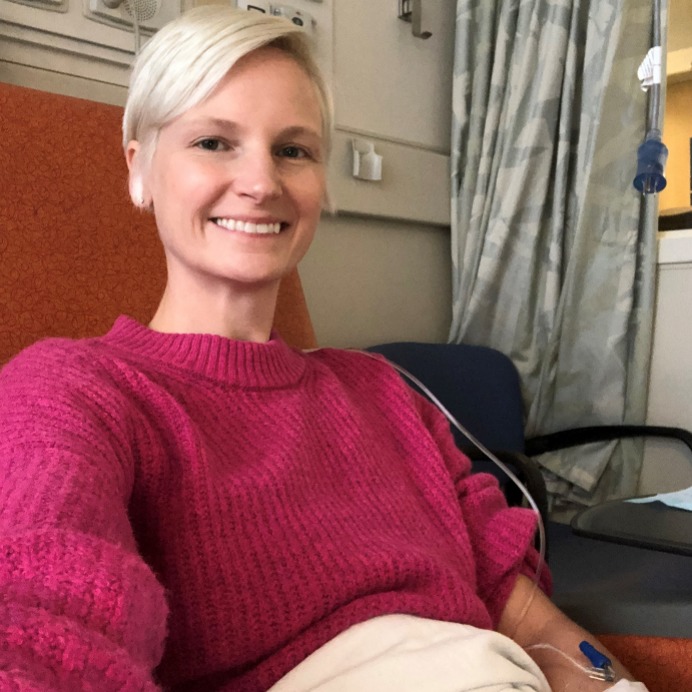By continuing to use our site, you consent to the processing of cookies, user data (location information, type and version of the OS, the type and version of the browser, the type of device and the resolution of its screen, the source of where the user came from, from which site or for what advertisement, language OS and Browser, which pages are opened and to which buttons the user presses, ip-address) for the purpose of site functioning, retargeting and statistical surveys and reviews. If you do not want your data to be processed, please leave the site.
The Voice of People With Breast Cancer
Education
Our Voices Blog
Tag : breast cancer
CBCN's Digital Storytelling and Advocacy Toolkit: Using Personal Storytelling for Advocacy
While there have been many advances made in the diagnosing, treatment and management of breast cancer, individuals diagnosed with or living with breast cancer still face issues that are not yet being addressed by the organizations and government bodies that serve them. In addition to this, the public is generally not aware of the day-to-day impacts of a breast cancer diagnosis on individuals and their families.
Questions and Experts Session Guide: A Medical Oncologist Answers Questions about HER2-Positive Breast Cancer
In today’s post, we provide the questions that were sent in and asked during the live session of our Questions and Experts session held in April 2021. In this session, Dr. Karen Gelmon, MD, FRCPC, a Medical Oncologist, answered questions about HER2-positive breast cancer. In the parentheses, you’ll find the timestamp of where to find the question in the on-demand video.
Genetic Counselling Q&A
A genetic counsellor is a health care professional with specialized education, training, and experience in medical genetics and counselling. Genetic counsellors work with both individuals and families that have a medical, family history, or potential risk for an inherited condition. The role of a genetic counsellor is to identify families at risk for genetic conditions, provide information and supportive counselling, coordinate and review testing options, and connect patients/families with appropriate community resources.
Bringing Awareness and Motivation to Exercise
It is a well-known fact that exercise has been proven to help with cancer-related fatigue, helping to manage the weakness and pain experienced due to treatment and its side effects, as well as de-conditioning. When you’re in pain, tired and feeling ill, it can be challenging to find the motivation to prioritize activity, but several studies show that performing a combination of strength, aerobic and flexibility exercise can help curb the symptoms that hold back our quality of life.
Laboratory Blood Tests, Why So Many?
Throughout the course of a medical diagnosis, members of your health care team will order different laboratory blood tests. Many times, these laboratory blood tests will be repeated throughout the diagnosis, treatment, follow-up, and continuing care. Each medical diagnosis and treatment has specific factors that are required to be monitored. When it comes to the results of these tests and what counts are normal or not, it is important to know that “normal” ranges simply reflect average values in a population. It is common for some tests to be slightly outside of the “normal range” (low or high) without consequence and your clinicians can guide you with respect to their relevance.
Stay Calm and Mentally Strong: Three Ways to Motivate, Inspire and Empower Yourself for Optimum Health
Tell me if any of this rings a bell…
The Beginning: Get up, find a lump, feel confused, panic inside, see the doctor, see a specialist, get a mammogram, see an oncologist, have an ultrasound, get an MRI, biopsy the lump, do it all over again and again and again, receive a breast cancer diagnosis, feel in shock, go home, make a plan, fall into bed and don’t fall asleep.
Three Things to Consider if You’re Thinking About Going Off Tamoxifen
Chances are, if you have breast cancer you’ve heard about Tamoxifen. I remember the first time my oncologist talked to me about the chemo-infused hormonal-therapy drug. It was during my weekly check-up when I was still having daily radiation. He explained that because the cancer cells found in my right breast were 95 per cent estrogen and progesterone receptor positive, my body’s natural hormones could attach to the cancer cells and help them grow. Obviously I didn’t want that, so I said yes to the drug without even hesitating.
How Race and Ethnicity Can Influence Breast Cancer
According to the World Health Organization (WHO), breast cancer is the most common form of cancer, with more than 2.2 million cases in 2020. It is estimated that 1 in 12 women will develop breast cancer and it will be the primary cause of death among all other types of cancer in women. However, breast cancer survival has improved significantly since the 1980s due to increased early detection, screening programs, and improved treatment options.
Self-Advocacy Tips: For Patients, From Patients
Last year, we wrote a blogpost on the importance of advocating for yourself as someone with breast cancer. We also shared tips on how to go about becoming an advocate and being a part of your healthcare team. While the information shared is valuable and reflects situations you may find yourself in, we believe that the best way to learn is to hear from people who have been there already.
Patient Advocacy with Integrity
Increasingly, the not-for-profit advocacy world has been questioned regarding industry funding. Many critics believe that any organization that receives funding from the pharmaceutical industry is automatically biased, but this ignores the great pains that health charities often go through to remain unbiased, ethical, and credible. And it certainly does not reflect the patient-centric approach that CBCN takes.
Brain Drain: How Breast Cancer Has Impacted the Way I Think
I’ve started counting the number of times I emotionally beat myself up every day. Each mean, cruel and hurtful criticism said silently to myself in the privacy of my own mind. Yesterday I hit number 22, my all-time high for the week. So far today, I’m up to seven unkind thoughts. It’s nine o’clock in the morning and my alarm went off at 6:30 a.m.
Living with Breast Cancer: Living Positively, Exercising Safely
Living through breast cancer is a challenging journey. You will be searching for answers and information about the disease and its treatment; trying to understand how to live positively, and simply reckoning with what your future may look like.
Preventative Treatment for Hereditary Breast Cancer
If you are at high risk for developing breast cancer because of family history or because you have the BRCA1 or BRCA2 gene mutation, you have several preventative treatments to consider. These options include close surveillance, chemoprevention, and prophylactic mastectomy, with or without breast reconstruction.
Liquid Biopsy Offers New Hope for Ontario Family
Carla Van Wyck-MacDonald lives near Shallow Lake, Ontario with her husband and their four children, ages 9, 11, 13 and 14. Carla was initially diagnosed with breast cancer two years after her mother died from the same disease.
Trusting Your Instincts and Knowing Your Body
I am from a long line of breast cancer survivors, so when I was diagnosed in 2008 with breast cancer, I was not in the least surprised. I was just 50, my twin sister and I celebrated that milestone in February 2007. By December of that year, I knew something was wrong.I had a mammogram at Sunnybrook that fall, in October I believe, and received “all clear”. Both the mammogram and the vigorous breast examination at Sunnybrook failed to detect an exceedingly small tumour situated close to my left armpit and sitting deep on a ligament. It was undetectable at that time. Later that fall, I noticed a puckering in my breast when I was drying my lower body, just out of a shower at my gym. I knew instantly what it was, so I booked an appointment with my doctor at the high-risk breast screening centre at the Odette Centre.
Why Self-Care is Important for Anyone Dealing with Breast Cancer
Self-care. It’s not a phrase that even flickered across my radar when I was diagnosed with breast cancer, let alone after my surgery or during treatment. But it should have. And, no, it’s not a selfish act.
Oncologists Share What You Should Know About the COVID-19 Vaccines
When the COVID-19 pandemic was first declared in March 2019, there was a lack of information about the virus. As time went on and more and more research was conducted, we were able to learn more about how the virus worked, who it was infecting, its symptoms and more. One of the pieces of information from this research was that cancer patients were more likely to have adverse outcomes if diagnosed. Although there was not enough evidence to pinpoint which cancers made individuals more susceptible or enough research to definitively say whether past and present patients had the same concerns, the few findings were enough to label individuals diagnosed with cancer as high-risk. Of course, one’s risk level is dependent on many different factors and varies from person to person.
We Are All the Divine Feminine
At the very core of my being, I radiate feminine essence. I grew to understand this through the loss of a physical trait that has been deeply rooted as a symbol of femininity and sexuality for so many centuries - my breasts. At the age of 18, I was diagnosed with the BRCA1 genetic mutation just as my mother, auntie, and sister before me. This meant that I was at high risk for contracting breast cancer.
World Lymphedema Day 2021: Making Treatment More Accessible
The goal of World Lymphedema Day is to make cures for lymphedema and lymphatic diseases a global priority. It is an annual awareness event with participation in many countries around the world. The Lymphedema Association of Ontario (LAO) has committed to improving the lives of people living with lymphedema since it began in 1996 and has become a more dynamic organization in the last year. World Lymphedema Day offers us an opportunity to continue our advocacy and awareness work. LAO partners with hospitals, our professional members, and patients to bring attention to lymphedema in Ontario.
Getting Through My Worst-Case Scenario
The worst weeks of my life had finally come to an end. It had been six weeks since my lumpectomy. Six terrifying weeks, living with many unknowns, in a state of complete disillusionment. But the wait was finally over because today I would meet my medical oncologist for the first time, she would go over my pathology report, and reveal my treatment plan. Going into the appointment I felt ready to face whatever would come my way. After experiencing the darkest days of my life, I had emerged feeling strong and optimistic. I had done a lot of research and decided that the odds were in my favour, I could beat this… unless I had triple negative breast cancer (TNBC), because that was a different story. However, I wasn’t worried about that because I knew that TNBC only makes up 10-20% of breast cancers and that aside from my age, I didn’t really have any risk factors. So, there I was, full of hope, when I was hit with what I had identified as the worst-case scenario. As soon as I heard “Your cancer is triple negative”, I burst into tears. I don’t remember much of the appointment after that.



